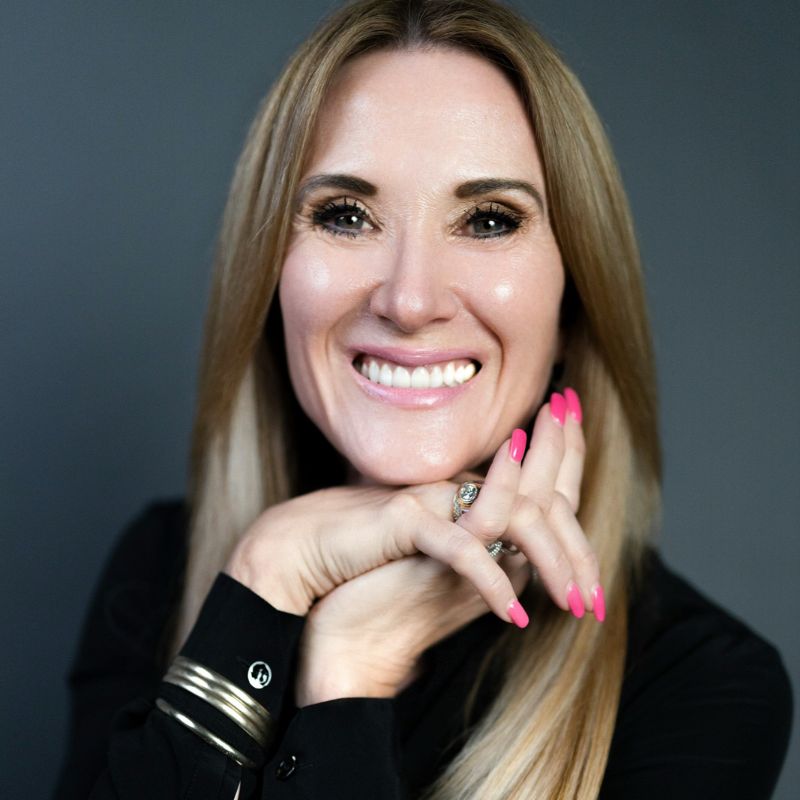
Lindsey Keys, filmmaker and advocate, contributes her insight about living with a chronic illness, how our physical and mental health are connected, what the “quiet epidemic” is, and more!
During college, Lindsey’s life started unraveling due to chronic Lyme and tick-borne disease. At age 26, unable to function due to her failing health, she had to move home to upstate New York. Through a chance encounter at a local doctor’s office, she connected with another filmmaker in the same situation. Together, they co-directed a feature documentary exposé on Lyme’s disease, The Quiet Epidemic. The film was the official selection of more than 20 film festivals (including Hot Docs Int’l Film Festival, DOC NYC, Hamptons Int’l Film Festival, Woodstock Film Festival), garnered positive press and reviews (Variety, PBS, WNYC, KPCC FilmWeek), and had a limited theatrical run across North America. You can now watch The Quiet Epidemic at home.
Lindsey now co-leads The Quiet Epidemic’s impact campaign—their current focus is bringing the film to Congress, international audiences and medical schools. She also hosts a virtual writing group called Pressure Release, and she supports people birthing creative projects of their own.
Chronic Lyme disease is still not recognized by many doctors, even though many people around the globe are suffering, which is why Lindsey refers to it as the “quiet epidemic”. It comes from the bacteria from certain tick bites, and can result in a wide variety of short and long term mental and physical health issues, including arthritis-like symptoms, migratory joint pain, various neurological symptoms, severe headaches, mood swings, mental fogginess, and depression, although these symptoms will look different for different people.
Unfortunately, as chronic Lyme is not recognized by our current medical system, its treatment is not covered by insurance, and can cost people thousands of dollars. It is also incredibly challenging to find a doctor that understands or treats Lyme disease, which is the key to managing the many infections that can come from this chronic illness.
Lindsey was lucky enough to find a medical professional that could help her manage and treat her symptoms, but many people who are suffering are not so fortunate, which is why she made her film The Quiet Epidemic. She wanted to help spread awareness of what chronic Lyme disease is, how people suffer, and what needs to change so that people who are struggling mentally and physically can find the help they need.
If better healthcare for Lyme disease is made available, this can help people manage and heal this illness. Treatments can include antibiotics, herbal treatments like tinctures, exercises like yoga, and dietary changes. Of course, these kinds of treatments will work differently for different people, so it is best to talk to an informed medical professional if you feel you are battling with chronic Lyme.
For more on dealing with the mental and physical effects of Lyme, listen to my podcast with Lindsey (episode #579) and check out her incredible work. If you enjoy listening to my podcast, please consider leaving a 5-star review and subscribing. And keep sharing episodes with friends and family and on social media. (Don’t forget to tag me so I can see your posts!).
Photo Credit: ©Getty Images/KatarzynaBialasiewicz
Originally published by Dr. Caroline Leaf. Used with permission.




.jpg)
